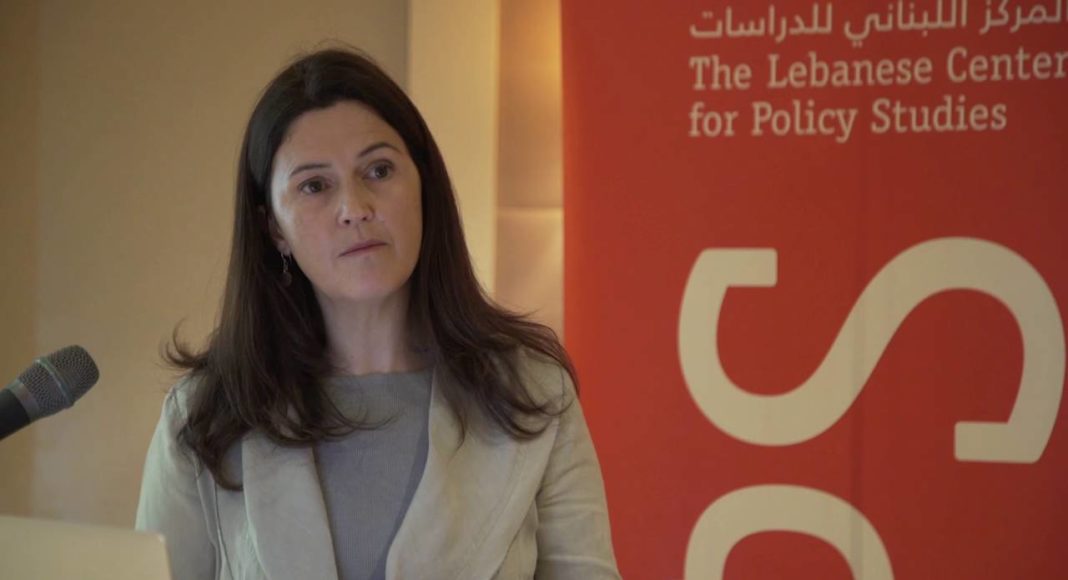When oil producing nations pursue the development of a local content policy, one of the challenges that often emerges, is striking the balance between a policy that is not too rigid and one that’s still not watered-down. As Guyana continues its efforts in this regard, how might it achieve this delicate balance? In the eyes of Chatham House Associate Fellow, Dr. Valerie Marcel, the task before Guyana is certainly not an insurmountable one while adding that it is one that most emerging oil producers and even established producers have struggled with.
During a recent appearance on local radio programme, Guyana’s Oil and You, Dr. Marcel said the criticism of a policy that is all voluntary is that it might attract the oil companies while giving them the freedom to design what it believes to be appropriate for the country’s context. The industry expert said that the flip side of this happens to be criticisms that not much is achieved since the company is not required to meet certain targets.
“If you have a more rigid and regulatory-based, rules-based system, where you say to the company that you must achieve this target, this amount in local staff, this amount invested for this result – the challenge for that approach is perhaps whether the government is asking the International Oil Companies (IOC) something that is feasible, something that is realistic,” Dr. Marcel said.
Local content requirements must be flexible, realistic – Angele Ramsaransing-Karg
The Chatham House Fellow opined that it is a very difficult task for the government to set appropriate targets since it would have to have a very good view of what the company will need and know beyond the shadow of a doubt that it can supply and make those match exactly.
“If you don’t make that match properly then the company is going to appeal that it was not realistic, and perhaps face a small penalty or some such thing,” she stated. “I think what could be, well, I wouldn’t say it the best way, it seems to be quite appealing, is to have something in between where you incentivise companies to achieve something significant.”
She added, “For example, by making local content a biddable term when companies apply for license, or that in the procurement, the local content is one of the biddable terms. That’s just a way of getting results without forcing the hands of companies.”
If Guyana wants to call the shots however, Dr. Marcel said it would be useful to look at the case of Uganda. She said that this nation took a smart approach towards local content, in that several studies were done on what the country had versus what the companies would need on a year by year basis. Where the African nation was lacking, Dr. Marcel said training programmes were created to close the gap.



